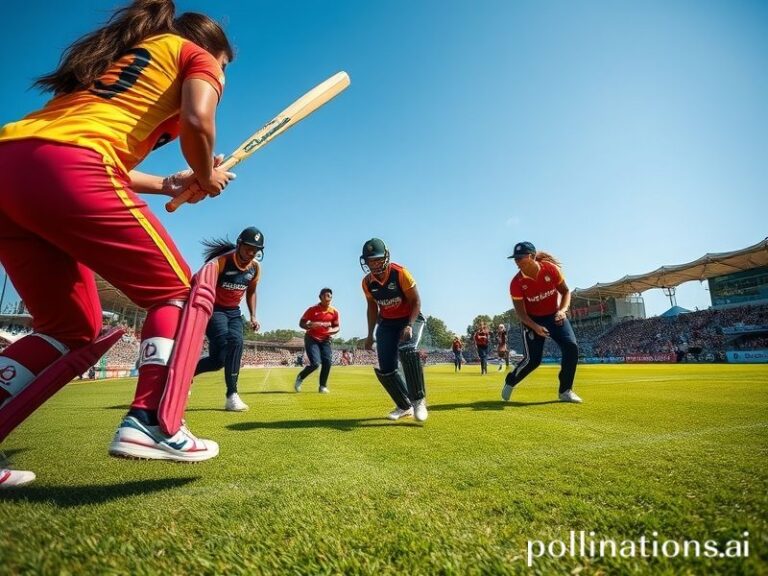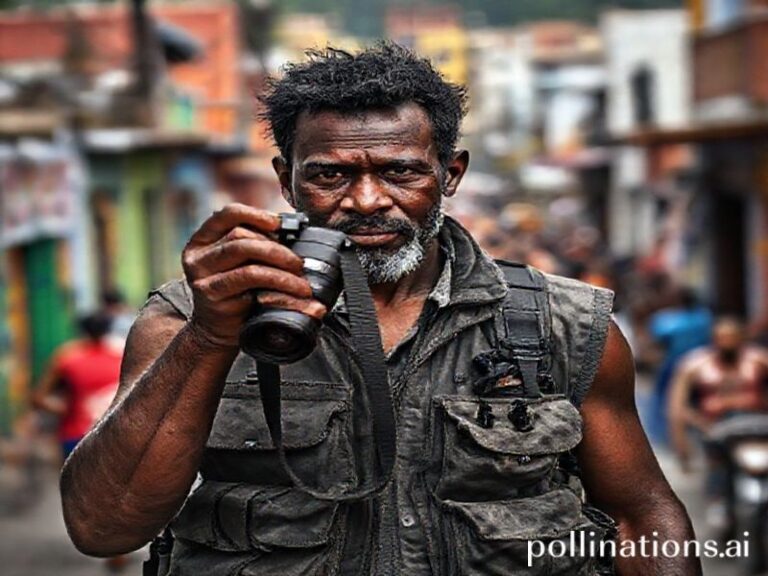Robben Island: Apartheid’s Alcatraz Becomes Humanity’s Mirror for Dark Tourism and Darker Truths
**Robben: The Island That Refused to Be Forgotten**
If the world were a dinner party, Robben Island would be that one guest who keeps bringing up everyone’s most embarrassing moments long after the wine has stopped flowing. Situated a mere seven kilometers off Cape Town’s postcard-perfect coastline, this wind-scoured slab of limestone has spent the better part of four centuries perfecting the art of institutional unpleasantness—first as a leper colony, then as a lunatic asylum, and finally as apartheid’s most prestigious address for political dissidents who had the audacity to imagine Black people might enjoy voting.
The island’s greatest hits read like a greatest-hits album of human cruelty, except nobody’s dancing. Dutch settlers started the party in the 1600s by depositing their unwanted there like expired produce—because nothing says “civilization” quite like marooning your mentally ill on a rock surrounded by great whites. The British refined the concept by turning it into a leper colony, proving that imperialism’s real talent wasn’t just taking things, but also giving people things they definitely didn’t want. By the time South Africa’s National Party discovered the island’s potential as a VIP prison for Nelson Mandela and his fellow troublemakers, Robben had already established itself as the world’s most depressing timeshare.
But here’s where the cosmic joke gets particularly rich: the very facility designed to break spirits became the forge that tempered them. While the apartheid regime congratulated itself on removing “agitators” from polite society, it inadvertently created the world’s most exclusive political finishing school. Mandela spent 18 years learning Afrikaans from his captors—not out of Stockholm syndrome, but tactical genius. After all, nothing terrifies oppressors quite like their prisoners speaking their language better than they do. The island’s limestone quarries didn’t just produce gravel; they produced a masterclass in political optics that would make any modern PR firm weep with envy.
The international community, ever the procrastinator, eventually noticed. UNESCO slapped a World Heritage designation on the place in 1999, transforming apartheid’s Alcatraz into a must-see attraction for guilt-ridden tourists seeking authentic suffering with gift-shop convenience. Cruise ships now disgorge thousands annually to photograph the very cell where Mandela plotted his country’s liberation, because nothing captures the spirit of resistance quite like a selfie with strategic lighting. The island’s museum gift shop sells miniature prison bars—perfect for that special someone who has everything except a sense of historical irony.
Yet Robben’s real legacy isn’t what’s carved into its limestone, but what’s carved into our collective amnesia. While we toast Mandela’s forgiveness and South Africa’s “rainbow nation” mythology, the island stands as a monument to our persistent talent for building monuments instead of addressing the conditions that require them. From Guantanamo to Xinjiang, humanity continues its proud tradition of geographic solutions to political problems, as if exile were a spa treatment for dissent. We’ve simply upgraded from islands to black sites, from visible oppression to algorithmic discrimination—same wine, new bottles.
The kicker? Robben Island’s most brutal innovation wasn’t its physical punishment but its psychological genius: making prisoners complicit in their own dehumanization through forced labor. Sound familiar? Today’s gig economy has merely democratized the concept—why house dissidents on islands when you can scatter them across studio apartments, too busy hustling to organize? The island’s true lesson isn’t that apartheid fell, but that its mechanics have simply been franchised globally, repackaged as “disruption” and sold back to us as freedom.
As climate change threatens to submerge this rock of historical discomfort, perhaps it’s fitting that the island that refused to let its prisoners drown might itself disappear beneath rising seas. The ultimate irony: we spent centuries perfecting systems to isolate our problems, only to discover that on a warming planet, there are no islands left—just one big, interconnected prison where everyone’s serving time for someone else’s crimes.







